Explore persuasive language techniques with your students using this nine-page worksheet pack perfect for your persuasive writing unit.
The Ultimate Worksheet Pack of Persuasive Language Techniques
If you’re looking for the ultimate resource to use when teaching persuasive language techniques to your students, then does Teach Starter have the worksheet pack for you!
This worksheet pack includes nine separate worksheets, each one focusing on a specific persuasive language technique. The worksheets explain what each device is and what it is used for in persuasive writing, then provide activities that enable students to become more familiar with each device.
The following nine persuasive language techniques are included in this bumper worksheet pack:
- Rhetorical Question – A question with an implied answer that does not need to be explicitly stated.
- Emotive Language – Language that is used to make the reader feel strong emotions about the topic.
- Inclusive language – Language that is used to make the reader feel like the author is talking directly to them.
- Modal language – Language that is used to indicate the degree to which something is likely to happen.
- Hyperbole – An exaggerated, over-the-top statement that makes an issue or problem seem far more serious than it is.
- Alliteration – The repetition of a sound, usually at the beginning of a word, creating a music-like effect.
- Simile and Metaphor – Types of figurative language used to create an image by comparing two like things.
- The Rule of Three – A writing technique where three adjectives are placed next to each other to make an argument more memorable.
- Evidence – Factual information that supports the author’s viewpoint, such as research studies, quotes from experts, survey results and statistics.
This resource downloads as a black-and-white printable PDF or an editable Google Slides file. The download also includes an answer key to make marking fast and easy.
Learning to use persuasive language techniques effectively will enhance students’ persuasive writing skills by making their arguments stronger and more convincing to the audience. This worksheet pack makes the perfect addition to your persuasive writing unit!
Differentiate This Persuasive Devices Worksheet Pack
One of the great advantages of this persuasive language techniques worksheet pack is its versatility! You can use as few or as many of the worksheets as you like, depending on your students’ needs and ability levels.
- Less-confident learners may become overwhelmed should you present them with nine persuasive language technique worksheets all at once! In this case, why not choose a few simpler persuasive devices for these students to focus on and master before moving on to some of the more advanced techniques. We recommend rhetorical questions, emotive language and inclusive language as a good place for younger or less-confident learners to start.
- More-confident learners may be able to cope with the entire pack of worksheets. Alternatively, you may choose to skip some of the less-complex devices and have them move immediately to more sophisticated language techniques such as hyperbole, the rule of three and evidence.
Download to Explore Persuasive Language Techniques
Use the Download button above to access your preferred version of this persuasive devices worksheet pack. (Note: You will be prompted to make a copy of the Google Slides template on your personal drive before accessing it.)
As this resource contains answer sheets, you may wish to print one copy only, then remove the answer sheet before making further copies for your students.
More Persuasive Devices Resources at Your Fingertips!
Are you looking for more persuasive devices resources to complement your persuasive writing unit? Click below for a great sample of teacher-made, curriculum-aligned activities!
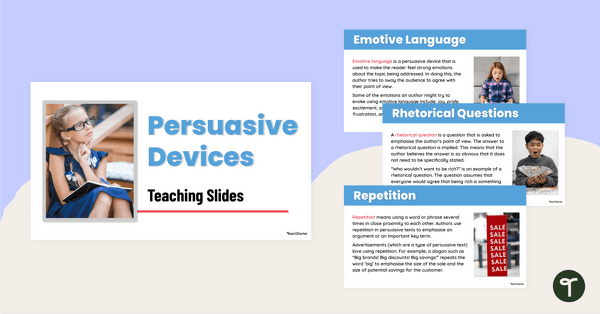
teaching resource
Persuasive Devices Teaching Slides
Explore persuasive language devices with your students using this detailed and age-appropriate slideshow perfect for your persuasive writing unit.
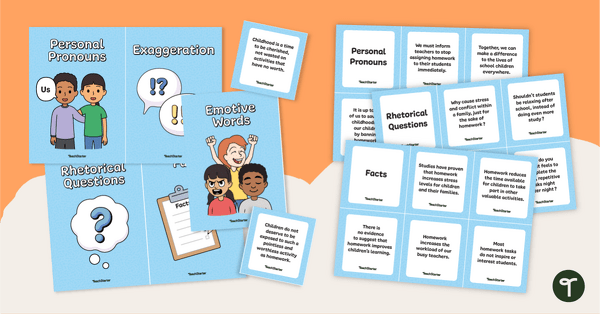
teaching resource
Persuasive Devices Sorting Activity
Explore persuasive devices with your students using this set of sorting cards.
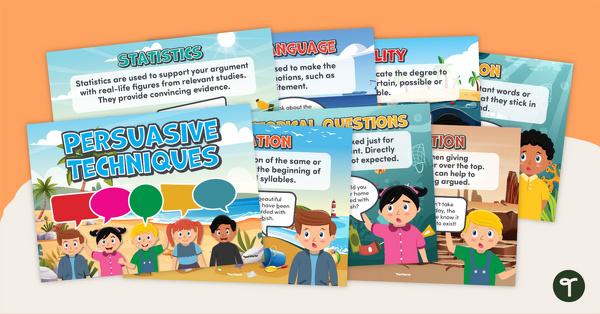
teaching resource
Persuasive Techniques Posters
Support students to improve their persuasive writing with these persuasive techniques posters.
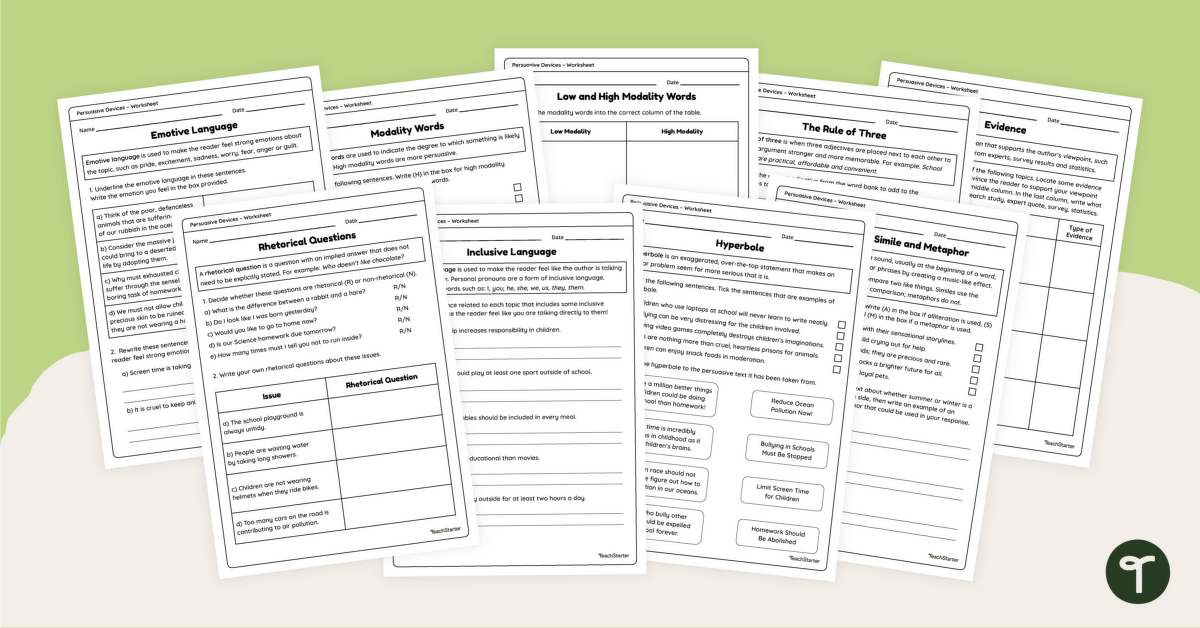

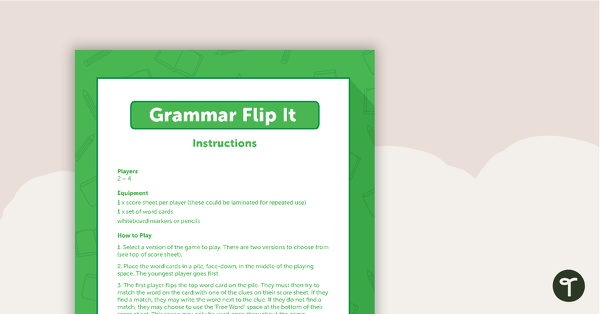
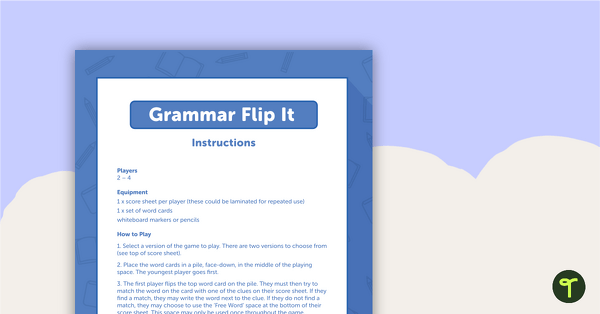
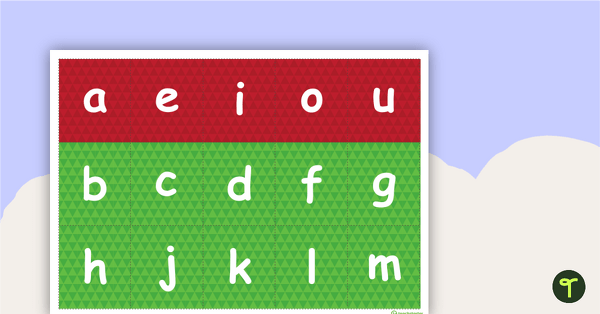
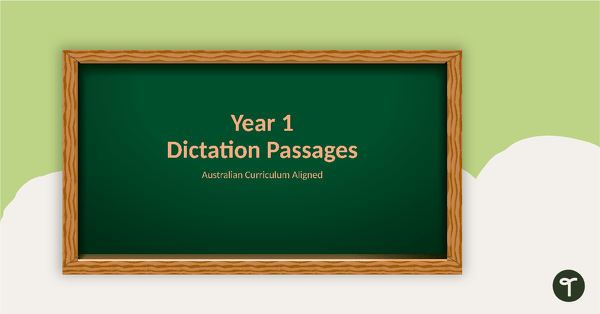
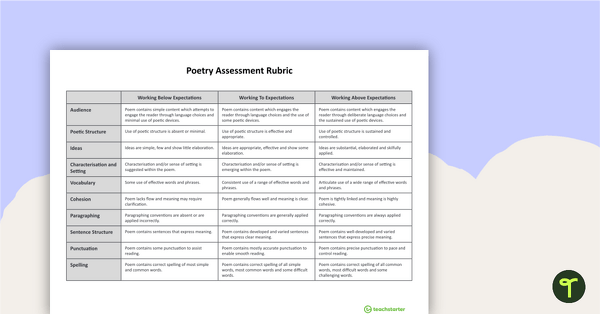
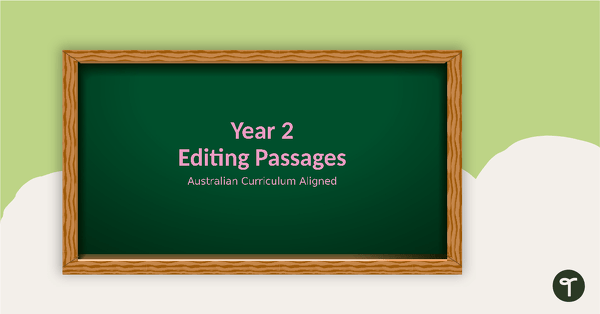
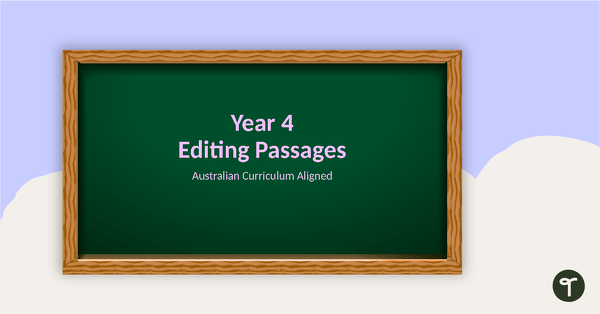
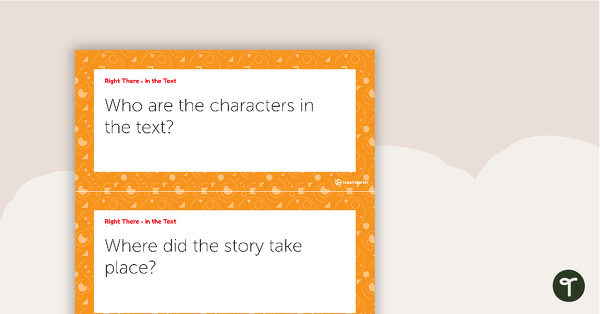
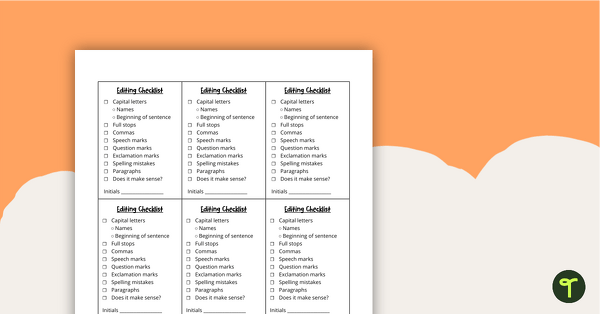
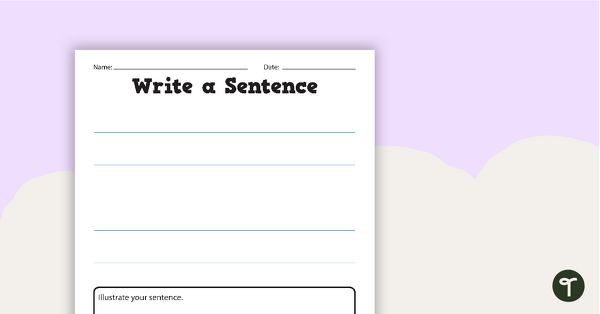
For the Low and High Modality words worksheet answer guide, 2 answers aren't listed. Never and absolutely are missing. I think they should be added to the High Modality column.